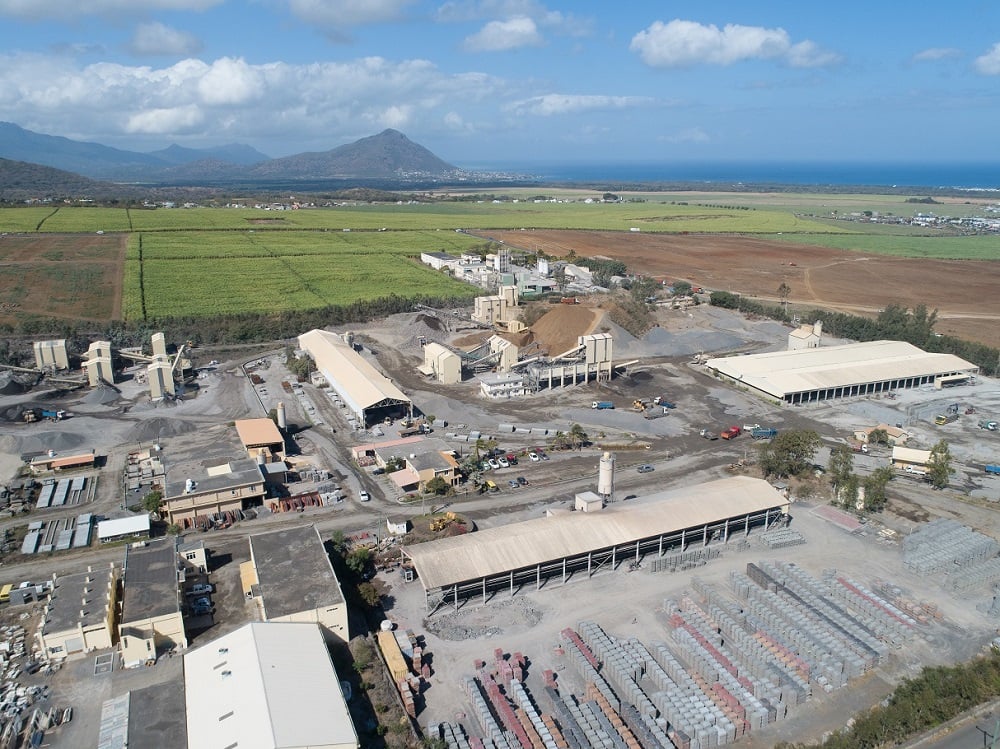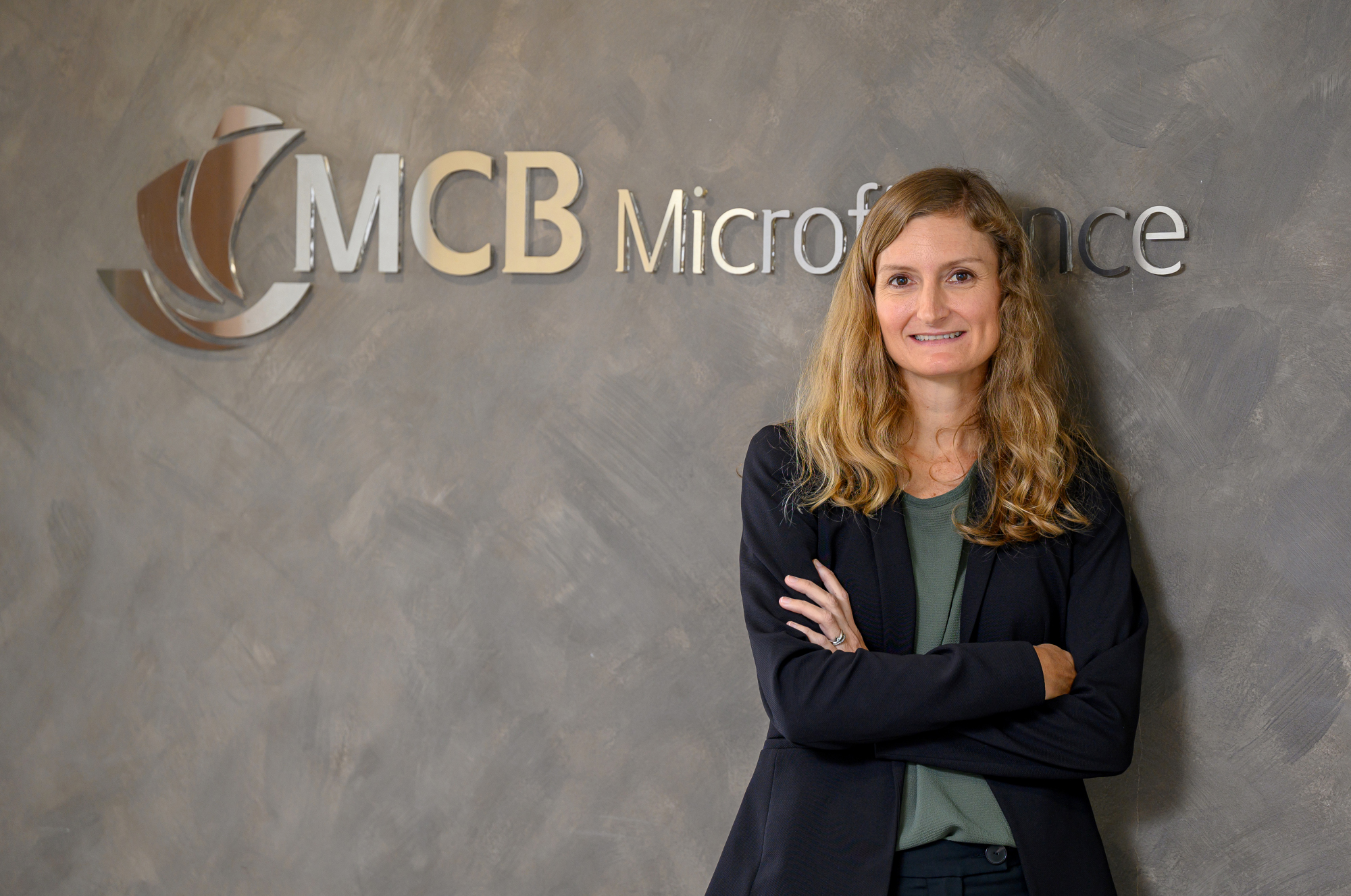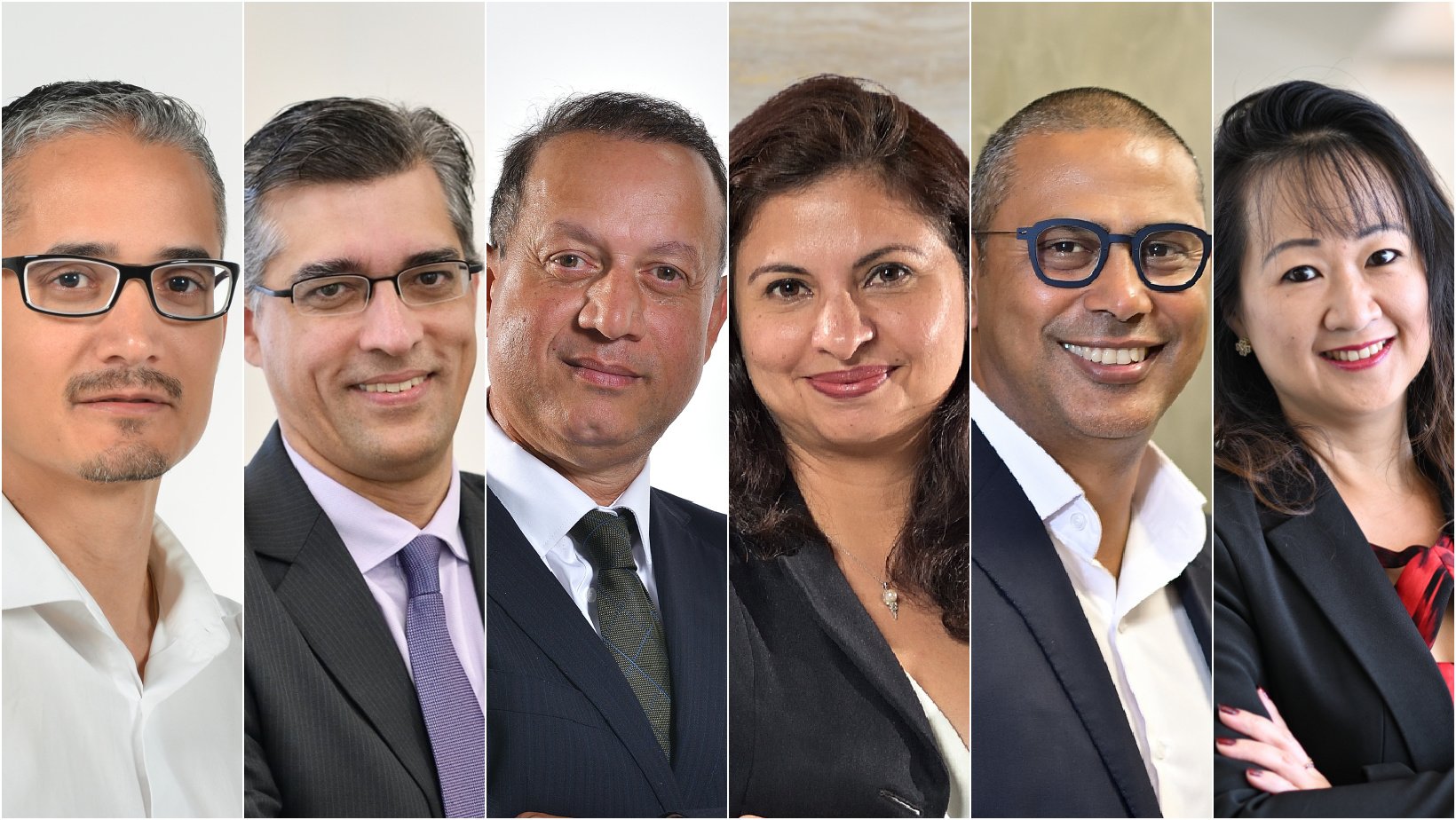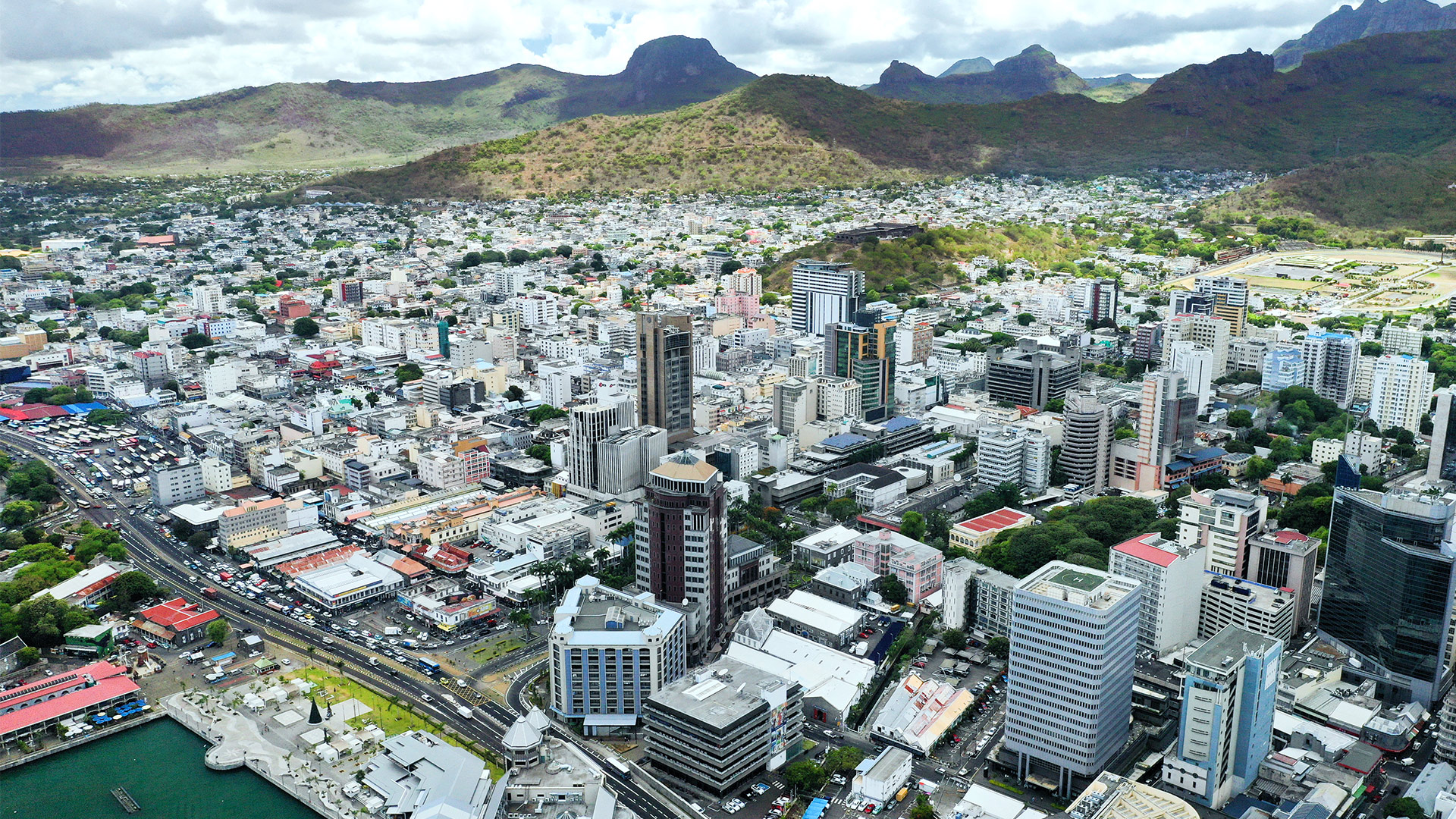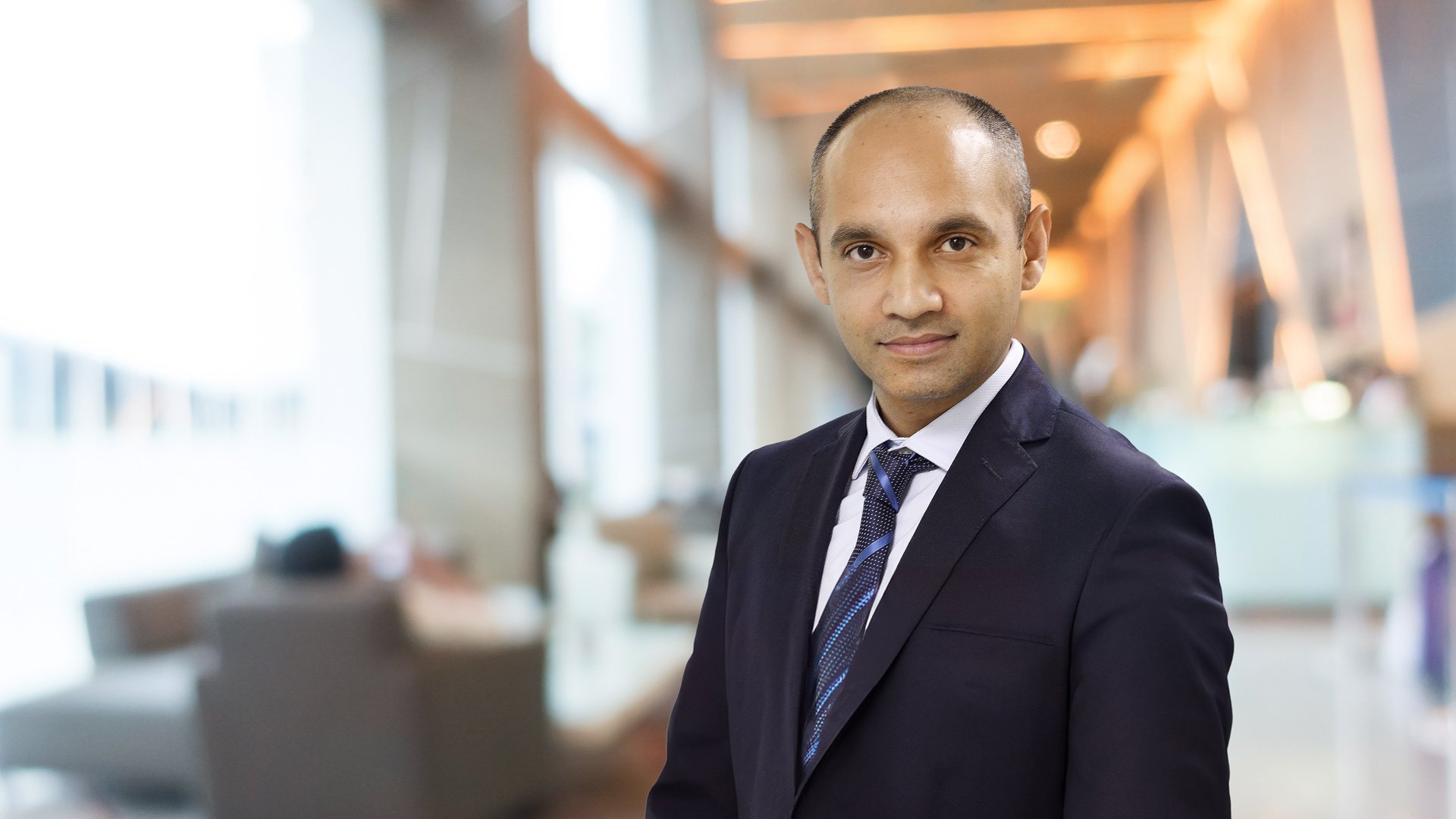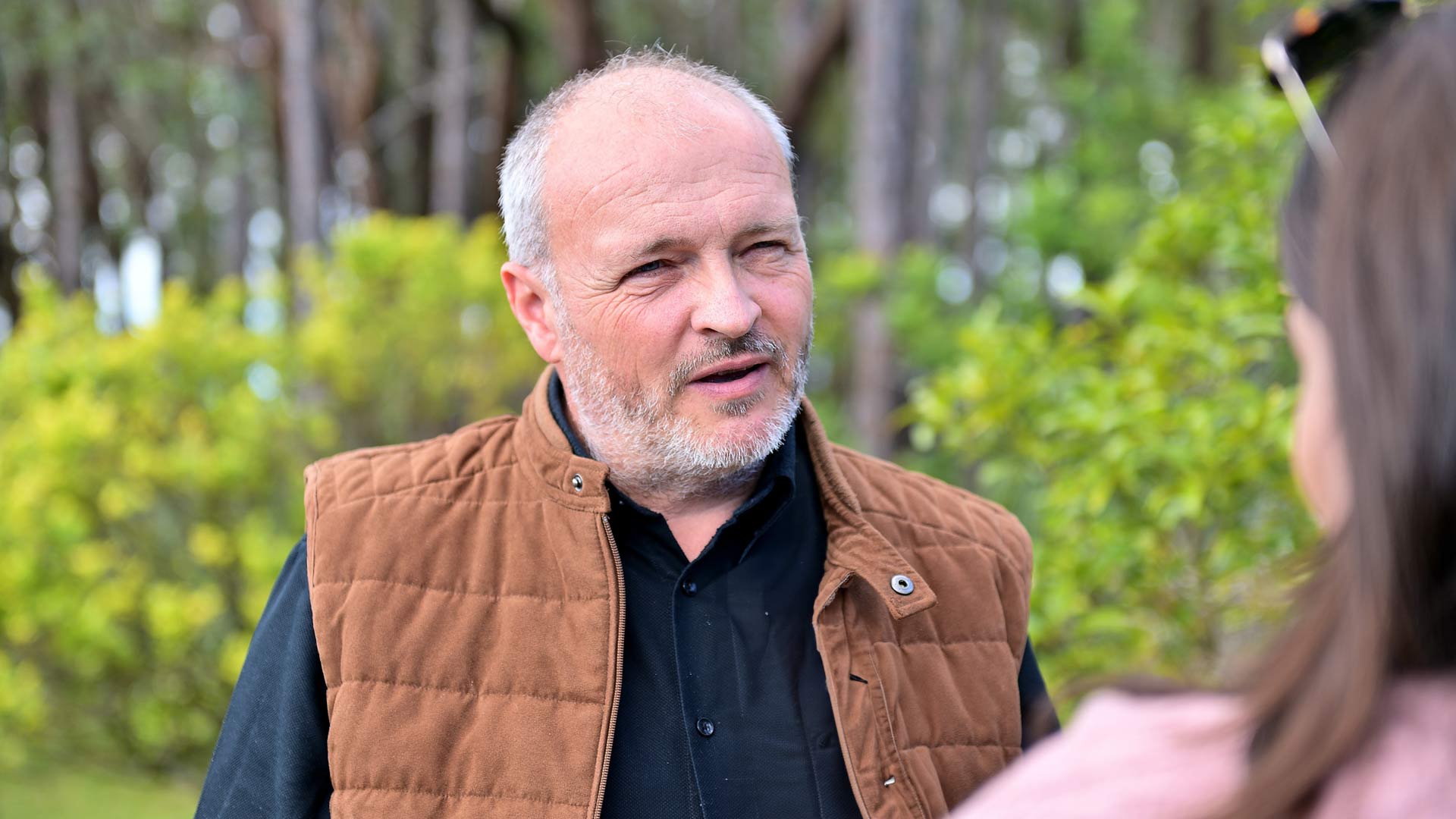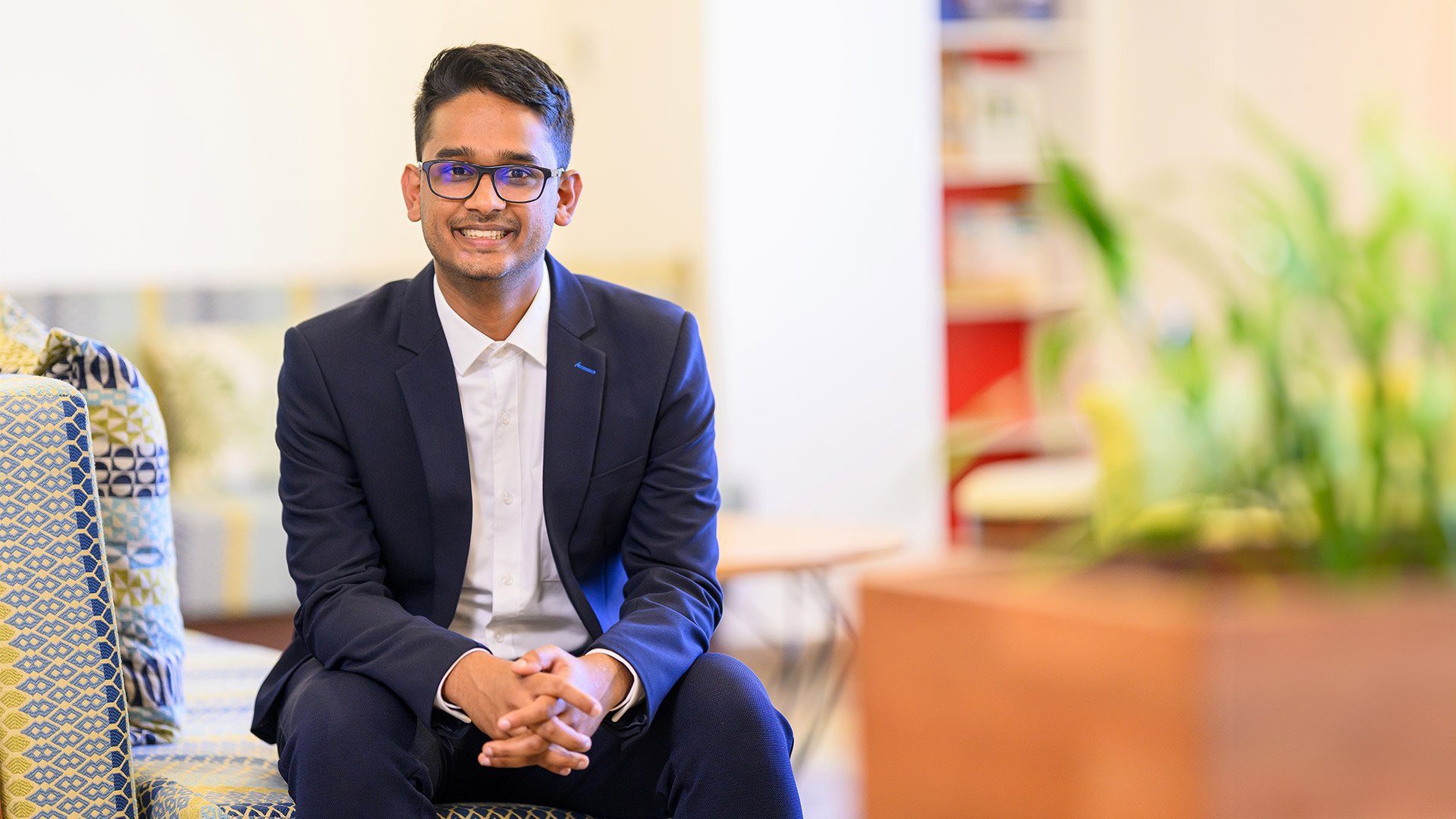- Home
- Investor Centre
- Sustainability
- Talent
- News
- TH!NK
- Corporate Governance
- Company Profile
- Board of Directors
- Community
Contact Info
Thierry Hebraud: Towards sustainable economic growth in Africa
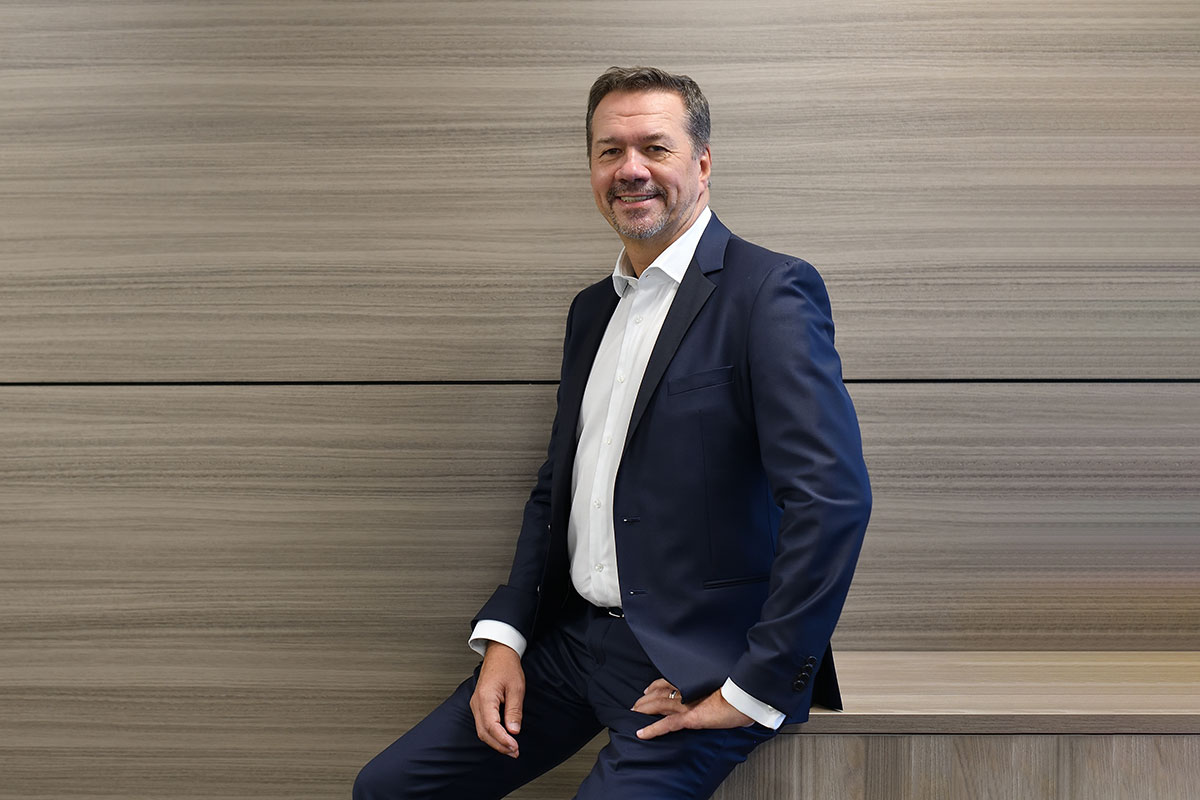
In our 2023 Sustainability Report, Thierry Hebraud, MCB’s Chief Executive Officer Designate, articulates his vision, highlighting the bank’s commitment to advancing Africa’s economic development. The focus is on transcending conventional banking practices to actively contribute to sustainable and inclusive growth.
As you ready yourself to take on the position of MCB Ltd’s Chief Executive Officer, what role do you believe the Bank should play in Africa’s economic development and prosperity?
As Mauritius’ leading bank and an increasingly well-known regional player, MCB has a responsibility to drive Success Beyond Numbers and make a positive difference to economies, people, communities, and the environment.
Over the past year, we supported our clients by providing relevant and wide-ranging products and services that are responsive to their needs and underpinned by digital payment innovation. This includes refining products that aim to promote local economic development, such as revamping our ‘Lokal is Beautiful’ loan scheme to ensure it caters to a wider range of entrepreneurs and launching Pay+, a payment solution to enable seamless and efficient cashless payments. We are also proud to have launched our Sustainable Supply Chain Finance to CIEL Textile’s knitwear cluster, to the tune of USD 10 million. This financing facility is aimed at businesses focusing on environmental protection and socioeconomic development.
We believe these innovations are fundamental to building financial well-being as they enable our clients to tap into emerging business opportunities and transact in an easier, faster, and safer way.
Outside Mauritius, we continue to see immense potential in leveraging the strength and scale of our business to establish MCB as a trusted and competitive long-term banking partner in Africa, servicing a growing pool of regional and international clients. This positions us well to harness private capital as a powerful tool to drive sustainable development.
A key focus area is growing our presence in the energy and infrastructure sectors as we seek to support the continent’s transition to low-carbon, resource-efficient, and climate-resilient economies.
While MCB recognises the need for countries worldwide to transition to low-carbon economies, we also believe it is important to balance economic and social progress and access to energy with climate goals. Our oil and gas financing strategy is guided by our approach to responsibly finance affordable energy while helping countries transition to cleaner solutions. This is vital to meet Africa’s complex energy requirements.
According to the United Nations, the continent has one of the lowest energy access rates globally. While there has been increased investment in Africa’s vast renewable energy potential, this is insufficient to meet the continent’s fast-growing energy demands. Therefore, we must strike the right balance between ambitious climate goals for more developed nations, such as the global commitment to net zero greenhouse gas emissions, with economic and social progress and access to energy for developing nations.
Striking this balance is fundamental to defining what a ‘just transition’ to renewable energy means for Africa, particularly considering that the continent’s contribution to global CO2 emissions is estimated to be approximately 3%. At MCB, we believe this ‘just transition’ includes making space for African countries to responsibly tap into a range of energy sources to drive sustainable socioeconomic development while helping to fund, facilitate, and influence the continent’s energy transition and decrease net carbon emissions.
In this respect, the Bank recently participated in landmark projects in Ghana, Senegal, Rwanda, and Nigeria to support their transition from fossil energy to cleaner energy sources. We believe these kinds of projects are the first step in the right direction. It also builds on our commitment to stop all new financing of coal infrastructure and trade worldwide.
Ultimately, we recognise the undeniable need to curb carbon emissions and reach the Paris Agreement, which provides a pathway for developed nations to assist developing nations in their climate mitigation and adaptation efforts. This includes developed nations providing support through funding agreements and assisting with technology and research, among others.
Cognisant of the need for an orderly and fair transition, MCB aims to work with best-in-class operators to help provide cleaner and more affordable energy solutions while considering Africa’s energy needs and its social, economic, and environmental realities.
What is MCB doing to ensure it considers and integrates environmental and social impacts into its banking and financing activities?
Our Environmental and Social Risk (ESR) Policy guides how we manage the environmental and social risks associated with our lending activities. To ensure that all projects and facility agreements we finance comply with our Policy, we undertake independent due diligence where necessary.
This year, we integrated our Environmental and Social Risk Management function into our Risk SBU to strengthen our risk management approach. We further integrated climate risk within our Financial Risk function, which sits under our Risk SBU, while a new ESG Business Unit is being created within the Corporate and Institutional Banking SBU.
I am particularly proud of the momentum we gained developing our sustainable finance framework and transition journey, which guides the allocation of our capital towards projects that support the transition to low carbon economies. Key highlights include establishing a transition taskforce, extending our Rs 5 billion credit line to Rs 10 billion to finance local projects, and developing a green taxonomy, which we will evolve over time to align with market standards and the latest regional technologies. These developments align with the Mauritian Government’s objectives for the country’s energy sector. We welcome opportunities to strengthen this dialogue between the private and public sectors and accelerate the financing and implementation of relevant projects.
As you look to the future, what is your vision for MCB, and how would you like to see the Bank progress on its sustainability journey?
My vision for MCB in the next five years is to be a leading regional player, recognised for our commitment to accompanying Mauritius and the broader continent on the just transition to sustainable and resilient economies.
There are vast opportunities to further develop and strengthen our partnerships and working relationships with a network of stakeholders across Africa to support the continent’s climate transition. This transition is fundamental to addressing social instability and accelerating sustainable development.
I would also like to see the Bank at the forefront of the continent’s digital transition by becoming a major regional transaction bank. At MCB, we are on a journey to develop and deploy innovative, scalable and differentiated digital payment and trade finance solutions to support Africa’s transactional modernisation journey. This is not only critical to ensure we can continue to serve our clients’ evolving needs and offer exceptional experiences but is also a crucial enabler of local and regional economic development.
While we will look to expand and diversify beyond our shores, we will remain firmly committed to fostering sustainable and inclusive development for Mauritius. Collaboration between the public and private sectors and relevant regulatory and legislative bodies will be critical if we want to achieve any significant positive impact. As one of Mauritius’ largest corporate players, I would like to see us continue leveraging our scale to encourage innovation and collaboration.
We cannot achieve these broad aspirations without a future-ready, talented, engaged, diverse and inclusive workforce. We are on a journey to develop highly skilled resources, supported by the launch of our new MCB Career Architecture, which outlines a roadmap for our employees’ professional and personal development. While still in its early stages, our culture alignment journey will be fundamental to building an innovative, dynamic, high-performance culture. As we look to the future, these initiatives will enable us to develop the capacity and resilience we need to deliver on our key business and sustainability objectives.
Any closing remarks?
It is an incredible privilege for me to be appointed as the Chief Executive Officer Designate of MCB Ltd. Our operations and business lines are robust and are supported by an incredible depth and wealth of diverse talent across the organisation. On a personal note, I would like to thank the Board, the executive and management teams, and all our employees for their trust in me. I am immensely honoured and firmly committed to MCB’s long-term success.
Guided by Success Beyond Numbers, I believe we are well positioned to excel in the year ahead, driven by a purpose that responds to everyday challenges while addressing environmental and social concerns. We have a wonderful opportunity to work together to build a more sustainable and inclusive economy that protects our environment for future generations. This is the future we want to create, and our clients and stakeholders can rest assured that we will continue to do our best to bring about positive and impactful change.
Subscribe to our Email Alerts
Stay up-to-date with our latest releases delivered straight to your inbox.
Contact
Don't hesitate to contact us for additional info
Email alerts
Keep abreast of our financial updates.





